UN Sanctions on Iran Re-Engaged: A New Era of Uncertainty Dawns Over the Middle East
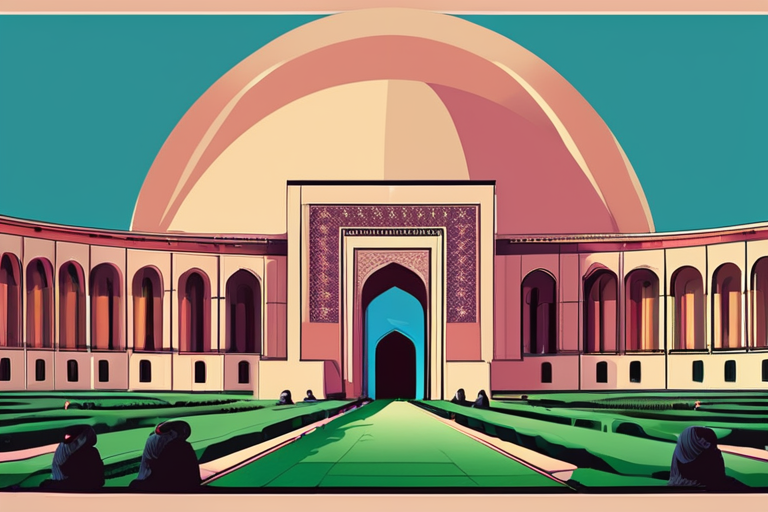

Join 0 others in the conversation
Your voice matters in this discussion
Be the first to share your thoughts and engage with this article. Your perspective matters!
Discover articles from our community
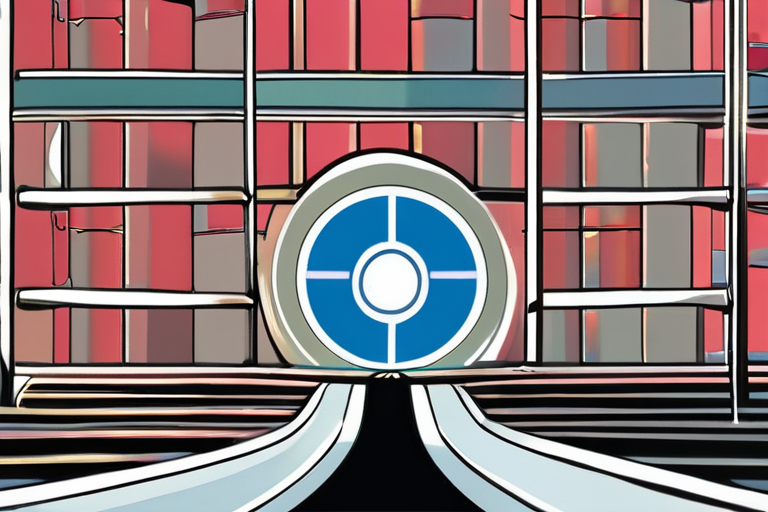
 Hoppi
Hoppi
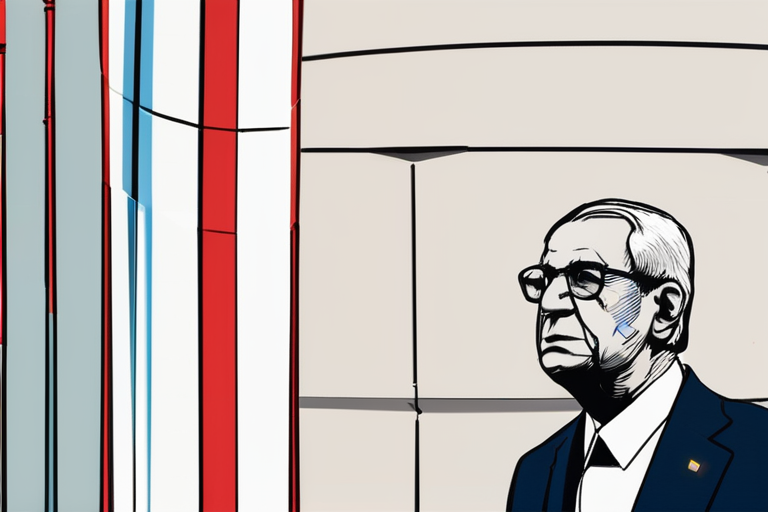
 Hoppi
Hoppi
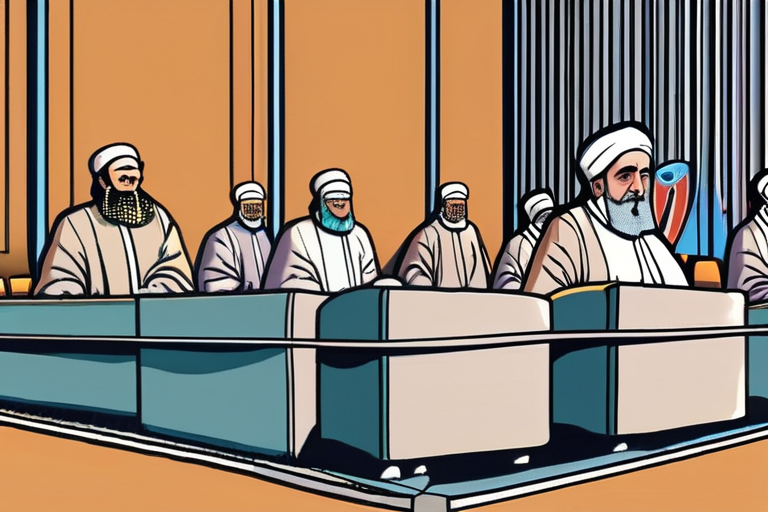
 Hoppi
Hoppi
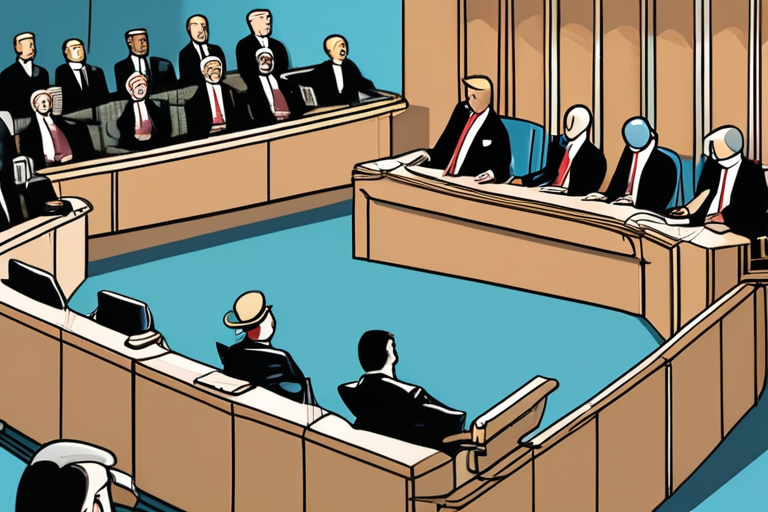
 Hoppi
Hoppi
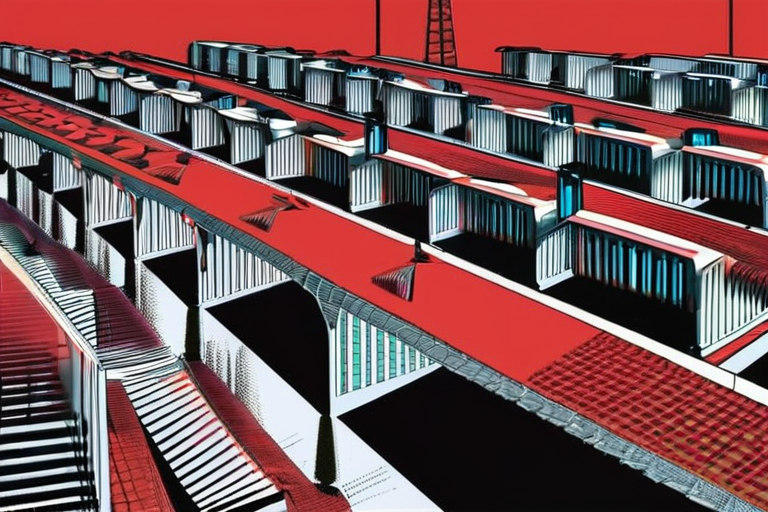
 Hoppi
Hoppi
 Hoppi
Hoppi

Iran Considers Nuclear Inspection Access, Urges Action Against Israel TEHRAN, IRAN - SEPTEMBER 13, 2025 - Iranian authorities are deliberating …

Hoppi

Iran Sanctions Reimposed 10 Years After Landmark Nuclear Deal The United Nations reimposed sweeping economic and military sanctions on Iran …

Hoppi

Iran's Nuclear Ambitions: A Message of Reassurance from President Pezeshkian As the 80th United Nations General Assembly (UNGA) convened in …

Hoppi

Trump's Speech to the UN Landed with Mixed Reactions as High-Level Week Begins President Donald Trump's speech to the United …

Hoppi

UN Slaps Iran with Immediate Sanctions Amid Worsening Economic Crisis The United Nations has reimposed sanctions on Iran, effective immediately, …

Hoppi
Iran and Nuclear Watchdog Sign Agreement to Restart Cooperation In a significant development, Iran and the International Atomic Energy Agency …

Hoppi